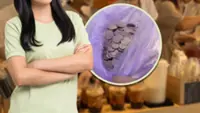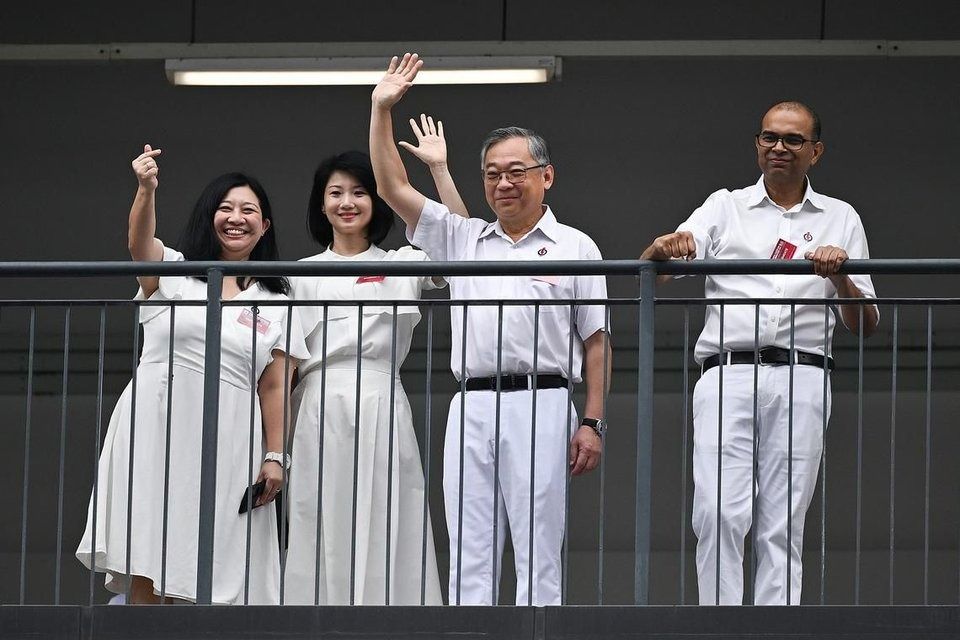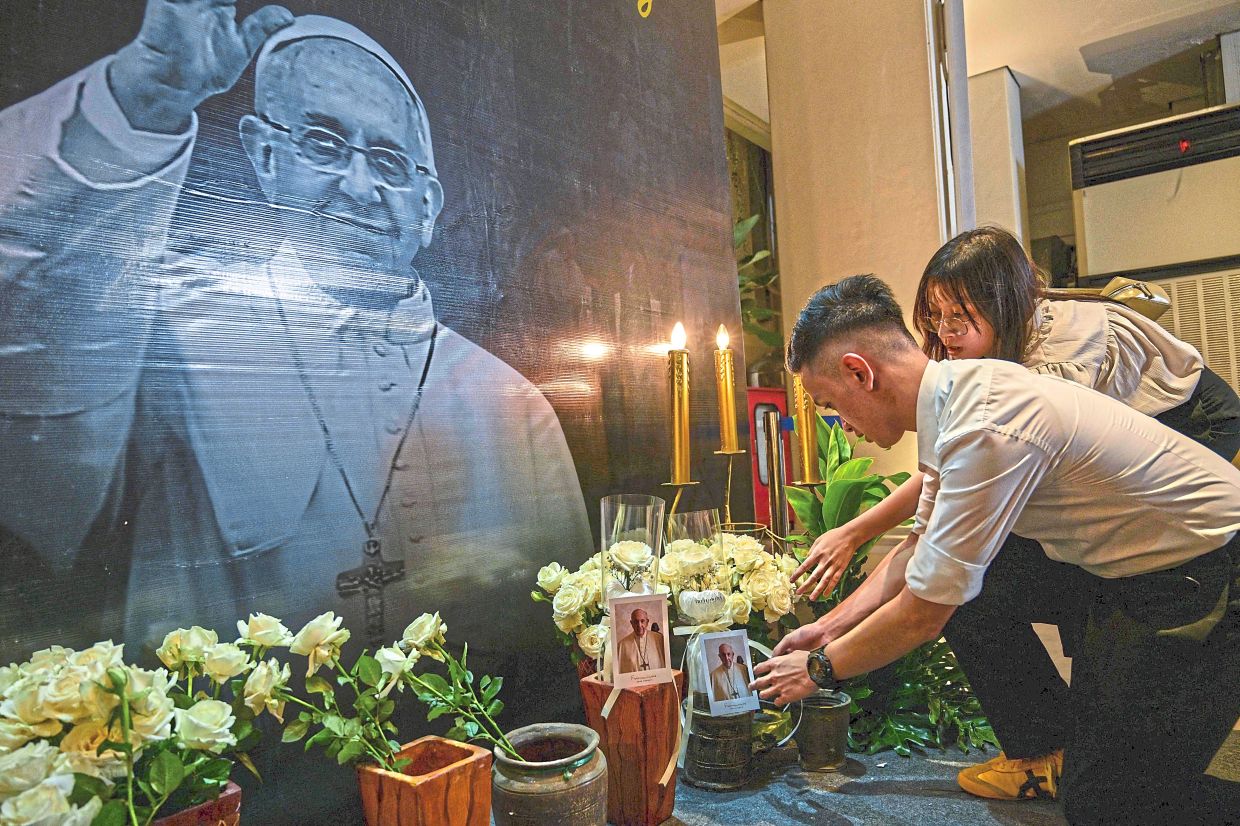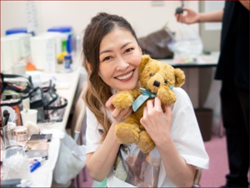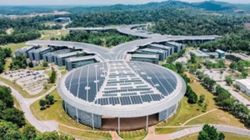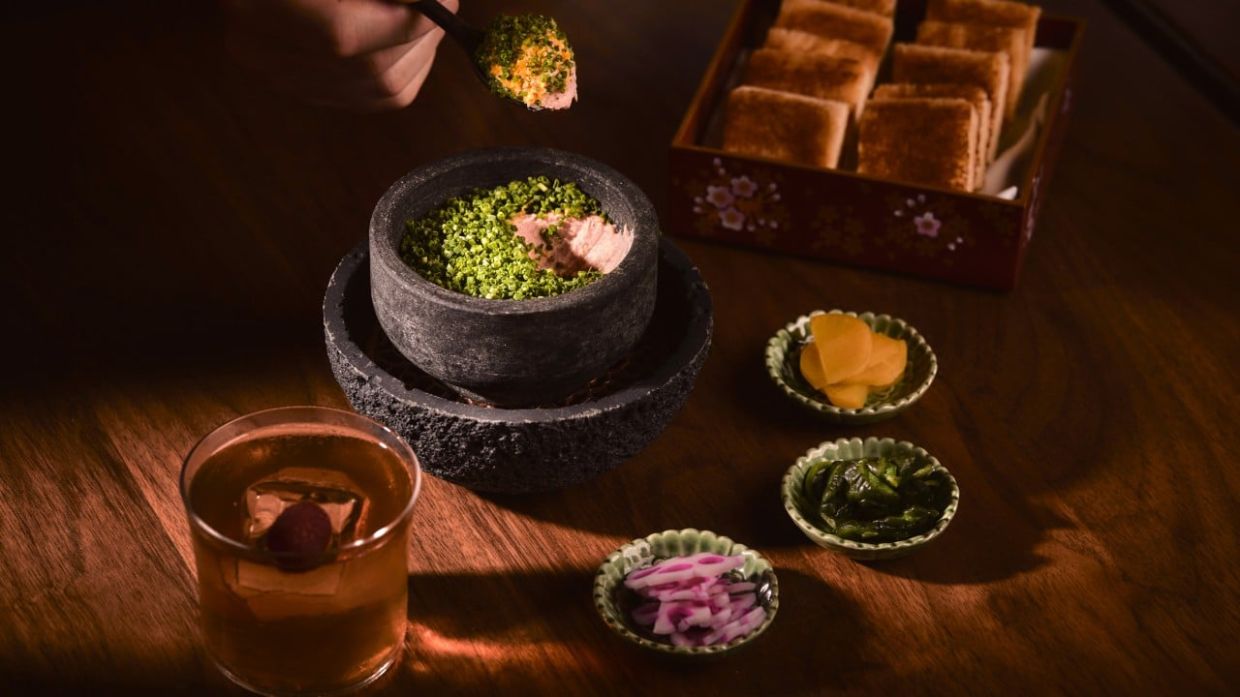
Hongkongers can get their first taste of cultured meat, also known as lab-grown meat, after an Australian food-tech start-up became the first producer of such products to start sales in the city.
The Aubrey, a Japanese bar and restaurant at the Mandarin Oriental, introduced two dishes featuring Sydney-based Vow’s cultured Japanese quail on Tuesday.
Hong Kong is the second market in the world where the product, sold under the brand name Forged, is available, following its launch in Singapore in April, according to George Peppou, co-founder and CEO of Vow.
Do you have questions about the biggest topics and trends from around the world? Get the answers with SCMP Knowledge, our new platform of curated content with explainers, FAQs, analyses and infographics brought to you by our award-winning team.
“We are confident that Hong Kong’s regulatory framework will continue to support the safe introduction of cultured meat,” he said.
Cultured meat, sometimes called cell-based meat, slaughter-free meat or clean meat, among other terms, is produced by growing animal cells, not animals. It is neither vegetarian nor vegan, but real animal tissue.
Vow, founded in 2019, got the green light from the Singapore Food Agency to sell its products in the country in March 2024, becoming the third food-tech start-up in the market after US companies Upside Foods and Eat Just.
No specific regulations govern the production or sale of cultured meat in Hong Kong, but the city’s Centre for Food Safety (CFS) issued guidance last year outlining the safety assessments required for cultured meat and plant-based meat to meet regulatory standards.
Singapore’s approval shows that Vow’s products are up to CFS safety standards, Peppou said.
The two products available in Hong Kong are Forged Parfait and Forged Gras, which are produced from Japanese quail cells in a 79-day cultivation process in Vow’s Sydney production facility.
The company can produce around 20,000 litres of cells a year, and said it has shipped more than 10,000 servings of its cultured meat to date.
With restaurants increasingly removing foie gras from menus for ethical and environmental reasons, Peppou expects more kitchens and consumers to welcome its products.
The company is open to expanding production to mainland China as long as it can find appropriate local partners, said Peppou, adding that it has no current plans for new facilities.
Vow’s products are only available through food-service channels, and it has no immediate plans to offer them directly to consumers in grocery stores or online marketplaces.
“In the future, as we expand our distribution, we’ll look to make Forged and other products available across a wider range of retail and food-service channels,” Peppou said.
The launch of Vow’s product in Hong Kong is a “watershed event” that highlights the culinary potential of cultured meat, said Mirte Gosker, managing director of the non-profit Good Food Institute (GFI) APAC.
Investment in Asia-Pacific’s alternative-protein market surged 43 per cent in 2022 to US$562 million, compared with 2021, according to GFI. Annual global cultivated-meat sales could reach US$25 billion by 2030, according to its forecast.
Singapore’s government has been actively promoting alternative proteins. It became the first country in the world to approve the commercial production and sale of cultured meat in 2020, when it gave the nod to San Francisco-based Eat Just’s chicken, marketed under the Good Meat brand. This was two years before the US Food and Drug Administration’s first such approval.
Hong Kong-based start-up Avant Meat, which focuses on cultivated seafoods, is the only company developing cultured protein in the city. The company is seeking funding to expand its pilot factory in Singapore and is expecting approval from local authorities to sell its products there, said CEO and co-founder Carrie Chan Kai-yi.
In China, president Xi Jinping has highlighted the importance of alternative protein to ensuring the country’s food security. And in 2022, the Chinese government included lab-grown meat and other alternative proteins in its five-year agricultural development plan.
Notable players in the field include CellX, a Shanghai-based start-up that raised US$10.6 million in a Series A funding round in 2022 from Legend Holdings-backed Joyvio Capital, and South Korean conglomerate SK Group.
Companies and investors are still waiting for the industry to take off and gather further support from governments.
“What remains to be seen is whether [Vow’s launch] will serve as an inflection point that rapidly accelerates investment in a field that has been steadily gaining traction across China,” said GFI’s Gosker.
“If past is prologue, once a promising new technology finds a solid foothold in Asia’s largest economy, sweeping changes often follow – slowly at first, and then all at once.”
More from South China Morning Post:
- Chinese cultivated meat producer CellX expands to fermentation, eyeing boom in global demand for alternative proteins
- Hong Kong cultivated seafood start-up Avant Meats seeks funds to expand Singapore pilot plant to grow groupers, snappers, eel meat from cells
- Israeli sustainable seafood start-up aims to bring cell-based eel unagi to Japan and China
For the latest news from the South China Morning Post download our mobile app. Copyright 2024.






